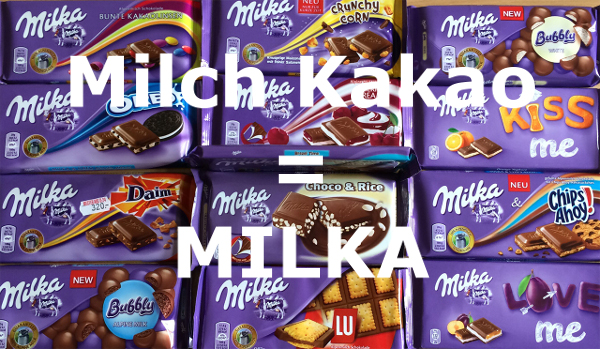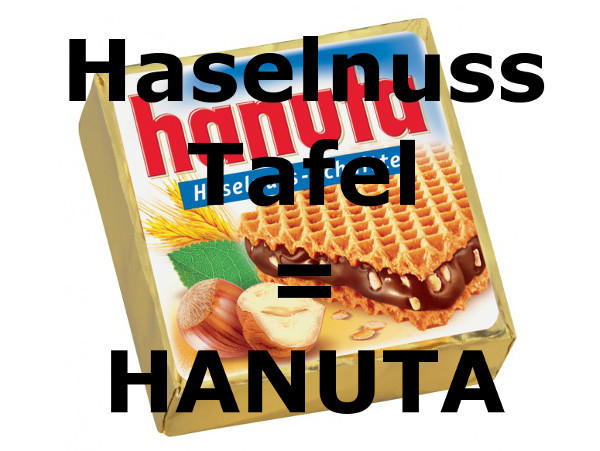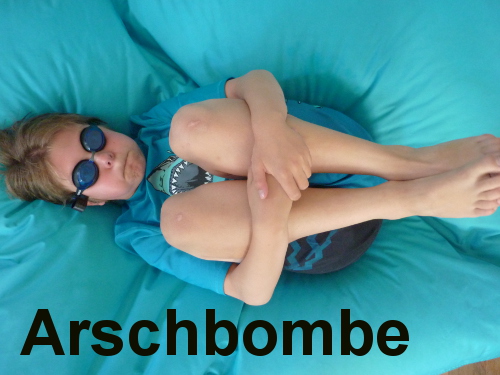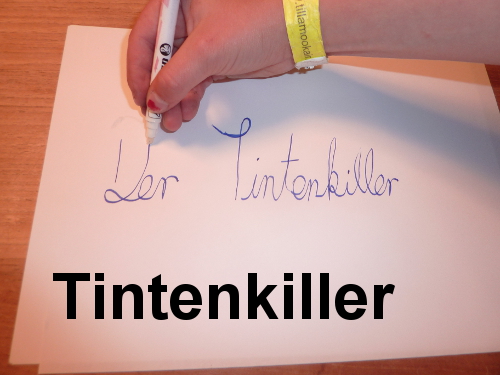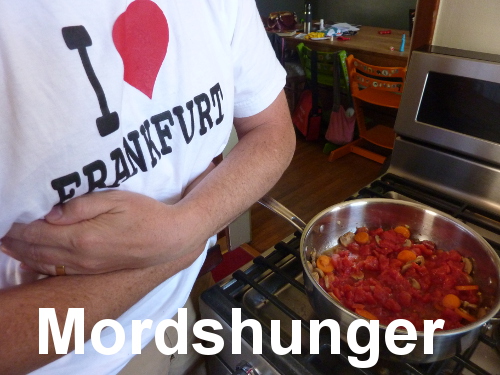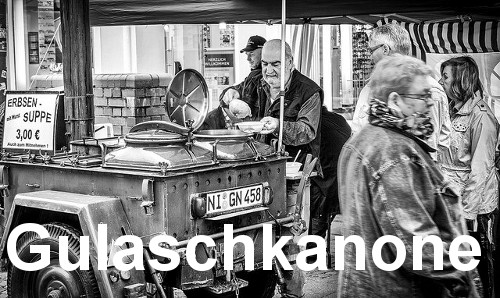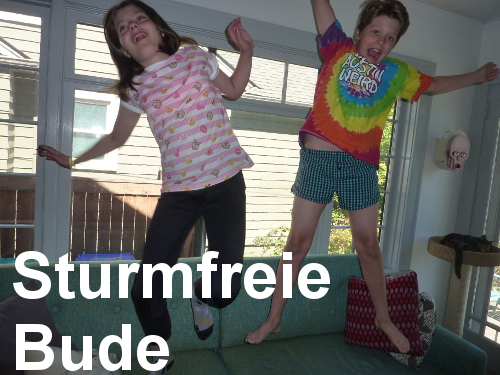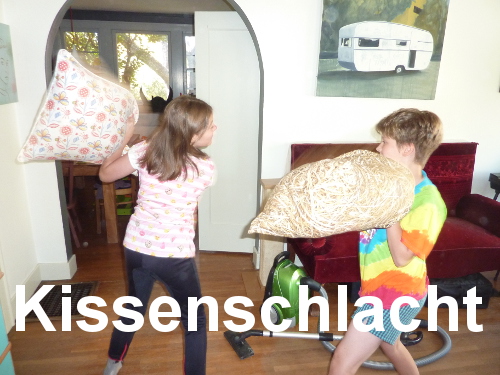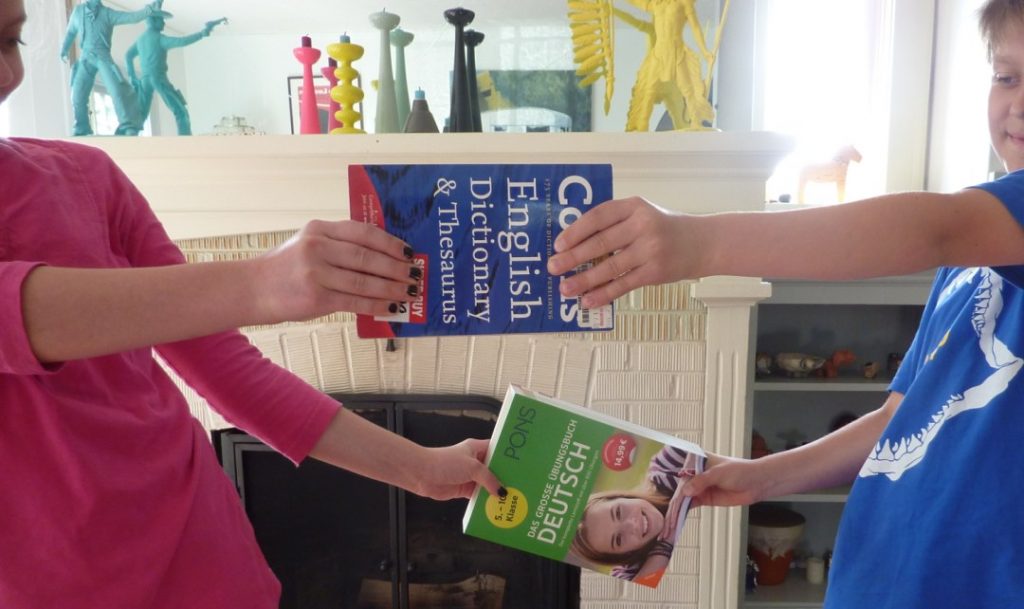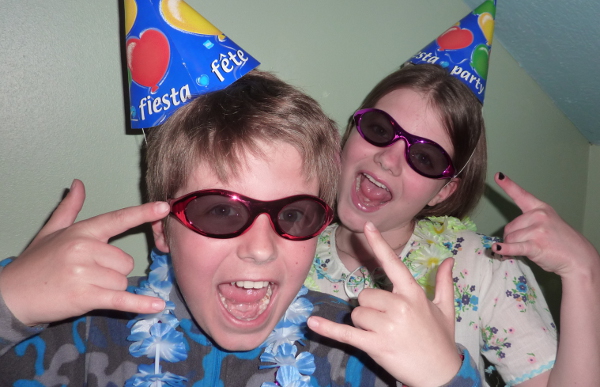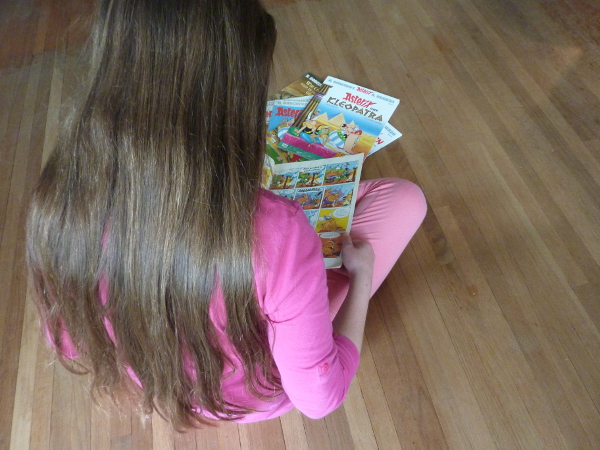Last week they stopped offering French at my kids’ school in Portland. They sent out a school-wide e-mail. It’s the trickle-down result of school budget cuts – budget cuts with stock markets where they are. Just a few weeks earlier, they decided languages would no longer be a a requirement either – the sole remaining foreign language, Spanish, is now just an elective, also a victim of the budget cuts.
There’s already no music. No art. And I’m sure Fun is only offered as an elective in the third quarter.

I’ve read about the gutting of humanities at U.S. schools for decades but it only tangentially bothered me – at first I didn’t have kids and then, when I did, they were in German schools. Even when my kids moved to U.S. schools it only nagged at me because I figured we were doing well counteracting the lack of anything creative – piano lessons on Tuesdays after school, for instance, and they go in an hour early twice a week for choir club.
But it was strange watching the gutting of humanities unfold in real-time, like stumbling upon the mating ritual of some exotic bird or the time we watched a homeless man in Chicago throw three cases of Sprite in his pants and run out of Safeway.
These are things I knew happened but never expected to witness first-hand. Yet there I was opening an e-mail from the principal of my kids’ school … and watching a homeless man throw three cases of Sprite in his pants.
The e-mail bothered me and I did what any concerned citizen does these days – posted to Facebook. And then I went for a run.
“Stop being dramatic,” I told myself while thinking about it during my run. “It’s just a class. You didn’t even take French in middle school so what do you care?”
And that’s when it hit me: If Laredo Middle School in Aurora, Colorado, hadn’t offered three languages – Spanish, French and German – to fulfill the language requirement, my life would have been dramatically different. Portland Public Schools isn’t just taking French out of my kids’ school, it’s removing opportunities.
My family moved the summer between 6th and 7th grades, which meant I had to register for a different middle school than I had planned. My mother took me into the office of my new school in July to sign me up. At some point, the secretary pushed a green piece of paper at me and said I had a choice of three languages to fulfill my language requirement.
- Spanish
- French
- German
I had to think fast. I didn’t know there was going to be a language requirement and now I had to choose something.
Spanish? No, I figured pretty much everyone took Spanish.
I wasn’t everyone.
French? Nah – all those Depeche Mode-listening, Duran Duran wannabes would take French, I reckoned. Though this describes the ‘80s me, I was aspiring to something better.
German? Absolutely, my adolescent brain said, and I placed a check mark that would increasingly guide my life from that point on.
If you asked my family, they would universally say I picked German because of my great-grandmother Sophia, who emigrated to the U.S. from Meldorf, Germany, when Taft was president and Germany still had Kaisers.
And my family would be wrong.
To me, Grandma Sophia was always old and transitioned to ancient as I aged. I figured she’d once shared the earth with woolly mammoths and saber-tooth tigers. She seemed a combination of German accent, nylons and odd smells. I once used my rudimentary German with her only to discover she spoke Plattdeutsch. We only had blood in common.
The reason I picked German wasn’t because of her. The reason I picked German was because that day at Laredo Middle School, I figured the punk rockers, the real intellectuals, the thinkers – they would all take German. And I wanted to be a punk rocker, a real intellectual. I was convinced I was a thinker.
Of course, I was wrong on all fronts – Ms. Cathcart’s German class at Laredo was mostly full of misfits and the most punk rock we ever listened to was The Clash. And a thinker? All I thought about in middle school was how much I wanted to be Alex Keaton from Family Ties (I even wore a tie!).
But German class brought with it German textbooks and the pictures intrigued me. Germans all drove around in cars covered in advertising, the textbook told me. They also sat around in cafes all day and played chess with giant, knee-high chess pieces. How cool is that? Also: Lots of old buildings.
I was sold. And so, after four years of mediocre grades, difficulties conjugating and countless hours daydreaming about cafes and giant chess pieces, I decided I should become an exchange student in Germany.
Also, it would allow me to sidestep the new unit we’d started on the genitive case.
I became an exchange student and learned fluent German. I returned 10 years later to become a correspondent for a major U.S. newswire and just a few short years later I had a German wife and two half-German kids.
All because my middle school offered three languages.
That’s an opportunity the students at my kids school may never have.
Leave a Comment


